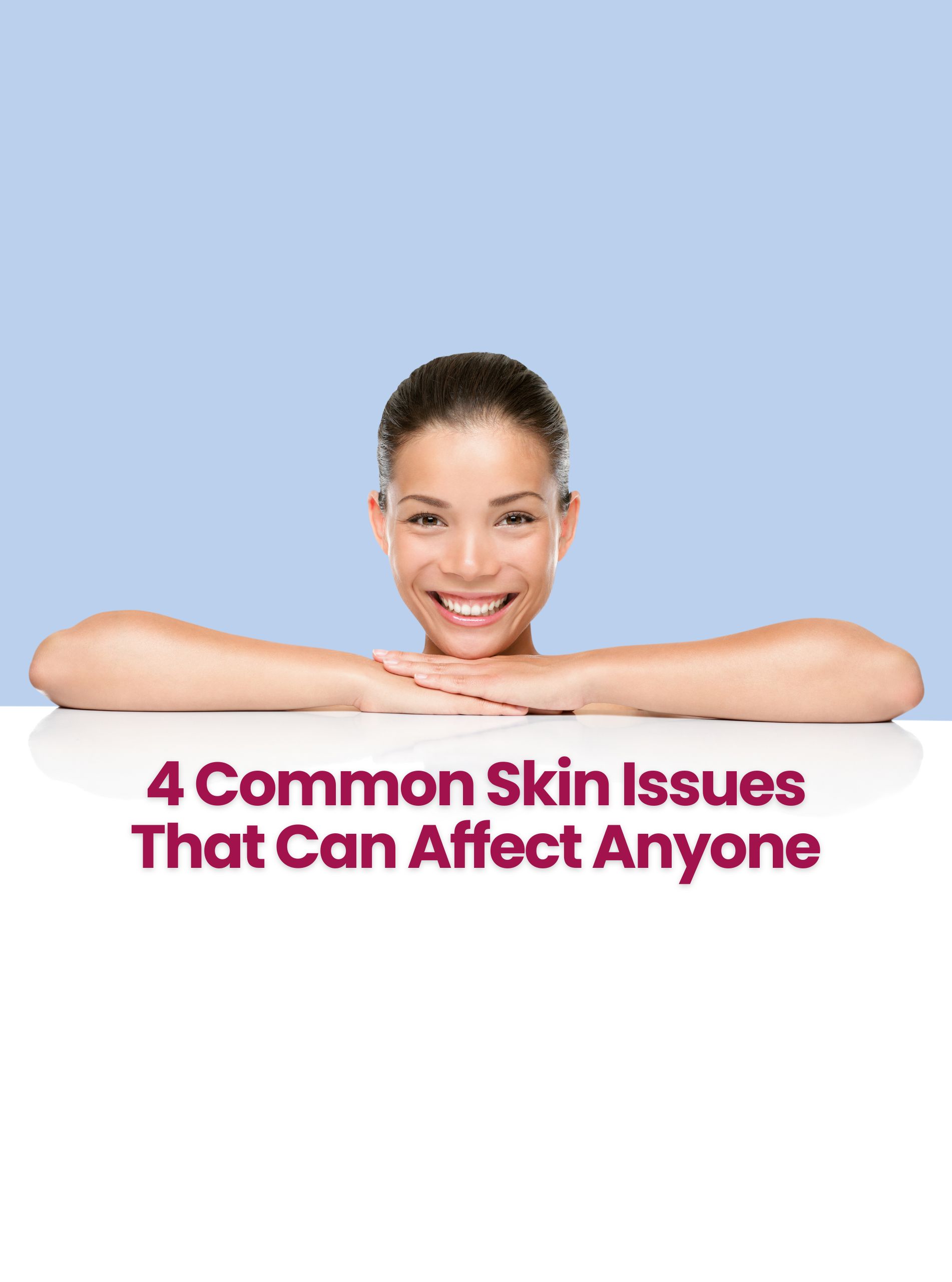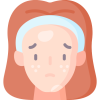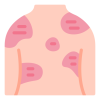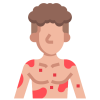

How do you feel waking up in the morning without a peaceful sleep due to an intractable itch throughout the night? Your heart sinks when your friends exclude you from their gatherings, assuming your rash is contagious. These are common implications of skin issues.

Studies have shown that skin (dermatological) conditions can profoundly impact individuals’ social and psychological well-being, resulting in a poorer quality of life. The importance of skin health must not be underestimated, as it is the largest organ in the body and plays multiple vital roles in maintaining overall well-being.

Among all dermatological conditions, eczema is the most common skin issue, characterized by itchy skin lesions due to inflammation. In mild cases, the skin is dry, red, and itchy; in more severe cases, it may ooze, crust, bleed, or become infected. There are several types of eczema.
Atopic eczema (AD) is the most common type, affecting up to 13 percent of Malaysian children. It is a multifactorial disease caused by the interplay between genetics and environmental factors such as extreme weather, harsh cleansers, or stress. Our skin functions as a barrier that keeps environmental irritants, allergens, and microbes from entering the body and prevents excessive water loss.

In people with AD, this barrier is weaker and more permeable than it should be. AD is a chronic condition that typically improves and then flares periodically. Although it is not curable, it is possible to control the symptoms with various self-care measures and medications.
Important aspects of treatment include:
Seborrheic eczema typically occurs in areas of the body with many oil-producing glands: the scalp, face, upper chest, and back. In infants, it can cause a condition known as cradle cap, presenting as redness and greasy scales, commonly on the scalp, but also on the face, ears, neck, and in the diaper area and skin folds.
Symptoms in adults include redness, greasy, scaly patches, and itching of the skin affecting the ears, eyebrows, bridge and sides of the nose, and central chest. When it occurs on the scalp, dandruff is seen. Treatment includes topical corticosteroids or antifungal agents.
Contact eczema is another common type, directly related to materials the body comes into contact with. There are two types: irritant and allergic. Irritant contact dermatitis is caused by exposure to substances such as soaps, detergents, bleach, and engine oils.
Allergic contact dermatitis is caused by specific hypersensitivity to substances like nickel, hair dye, and perfume. This type of eczema takes time to stimulate the immune system, with the body reacting to the allergen only after a certain period. The cornerstone of treatment is to avoid contact with the allergen and use a moisturizer designed for eczema.
Acne is a common skin disease primarily affecting teenagers. Acne can significantly impact emotional health, with severe cases increasing the risk of low self-esteem, depression, and anxiety. Early treatment is essential to prevent acne scars and emotional distress.
Acne occurs when pores get clogged with dead skin and oil, allowing bacteria to build up. The skin becomes inflamed, turning red or swelling. In severe cases, pus may develop within the pimple, and large, painful swellings called nodules and cysts may develop, resulting in scarring.
People with mild acne usually respond well to topical treatments, such as benzoyl peroxide preparations and vitamin A-derived creams or gels. Severe acne may require oral medications.
To optimise acne skin care, consider the following measures:
Life Care Diagnostic Medical Centre Sdn. Bhd. 200401034597 (673106-V)
Bangsar South
WhatsApp: 0122343610
1st Floor, Wisma Lifecare,
No. 5, Jalan Kerinchi, Bangsar South,
59200 Kuala Lumpur
Cheras South
WhatsApp: 01127213620
19A-2 & 19B-2, Block E, Kompleks Komersil Akasa,
Jalan Akasa, Akasa Cheras Selatan,
43300 Seri Kembangan, Selangor
Operating Hour:
Monday – Friday: 8.00am – 5.00pm
Saturday: 8.00am – 1.00pm
Sunday & Public Holidays: Closed